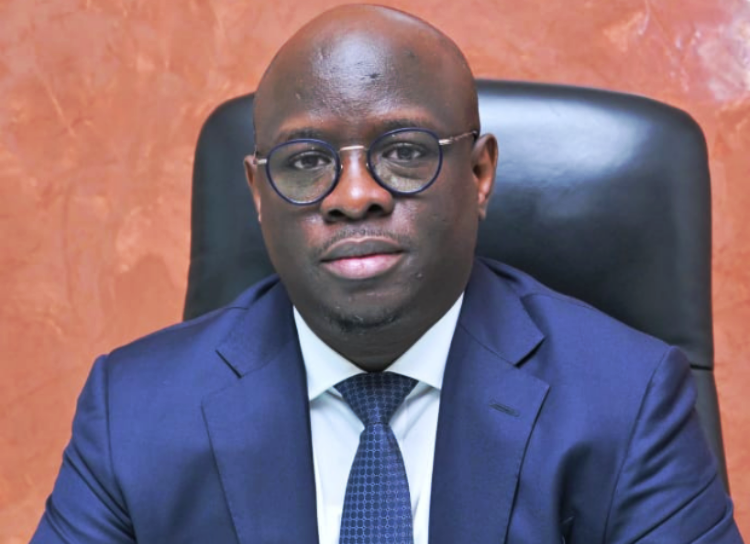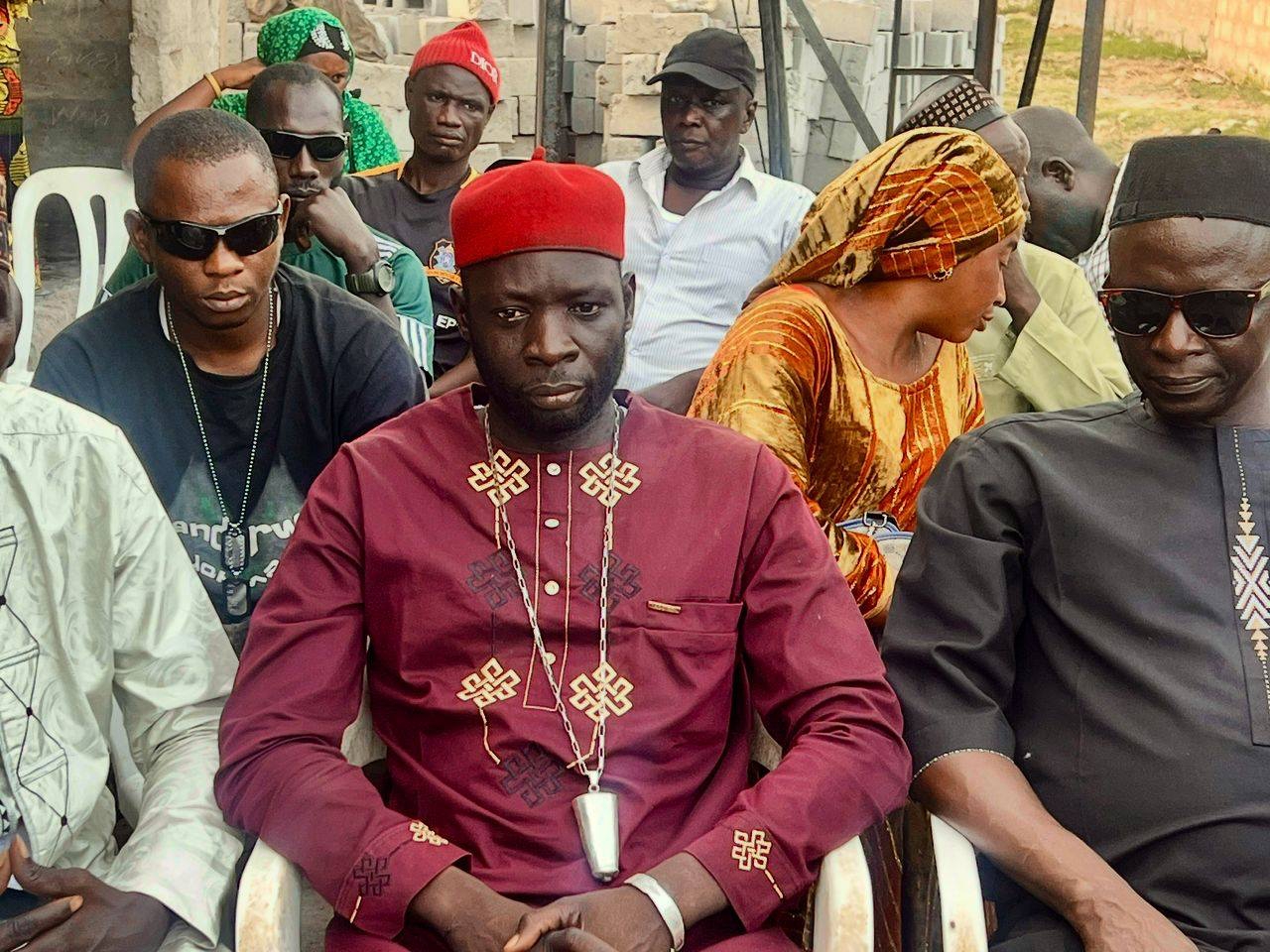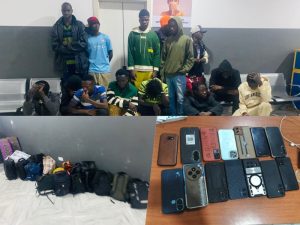Gambiaj.com – (BANJUL, The Gambia) – A political tremor is rippling through the ruling National People’s Party (NPP) as its once-secure bastions in the Kombo East and Brikama South regions witness a wave of defections to the newly formed National Democratic Party (NDP), led by Kebba Madi Bojang and his right hand confident, Bai Sankareh.
The exodus of 12 executive members on Tuesday, following key resignations on Monday, reflects a broader erosion of support that threatens to upend the NPP’s grip on some of its most critical electoral zones.
The resignations – mainly concentrated in Jalanbang and Farato villages of Kombo East, and the densely populated Brikama South – are not mere individual moves but symptomatic of a growing internal discontent within the ruling party.
Many of the defectors are not peripheral figures but executive members with active roles in grassroots mobilization, youth coordination, women’s affairs, and constituency finance.
These include Ramatoulie Sowe, the Chairperson of the Jalanbang Village Executive; Musa Baldeh, the Youth Coordinator; and Mba Binta Bojang, the 2nd Vice Chairperson for Kombo East.
The combined resignations of Sally Dampha (Female Youth Coordinator, Kombo East), Ndey Saine (Deputy Organizing Secretary), and Jali Lamin Mbye (P.R.O. for Farato Village) mark a significant organizational blow for the NPP’s local machinery.
Perhaps more symbolically, the resignation of Mariama Jallow, the Constituency Treasurer for Brikama South – a role key to local political financing – points to internal fractures extending beyond Kombo East.
These resignations are also geographically significant. Kombo East and Brikama South are among the Gambia’s most populous and electorally volatile regions.
In 2021, these areas played a crucial role in boosting President Barrow’s vote count due to sustained NPP ground campaigns that mobilized youth and women voters. But now, the very structures that once delivered votes are being dismantled from within.
The NDP, a new political force on the national stage, appears to be capitalizing on this discontent. With its message of renewal and accountability, the party is rapidly gaining traction among disillusioned NPP members, particularly women and young leaders who feel marginalized in the current political hierarchy.
Mariama Jallow’s public embrace of the NDP was framed not merely as a personal choice but as a broader call for gender inclusion and political relevance—a message that is resonating with a base that once belonged firmly to the NPP.
The shift has also been administrative. Bakary Sanyang, Secretary General of Kombo East Constituency, resigned this week and announced his allegiance to the NDP.
His departure is especially symbolic as he was seen as a key figure in sustaining the NPP’s constituency-level coordination. His defection may accelerate the unraveling of the local party infrastructure in Kombo East.
This string of defections also comes against a backdrop of rising tensions between NPP loyalists and NDP sympathizers, with recent political assignments and appointments fueling perceptions of favoritism and exclusion within the ruling party.
Many suggest that the NPP’s internal cohesion is under stress, particularly in peri-urban areas where political patronage is not easily sustained without meaningful engagement or power-sharing.
For the NDP, the timing could not be more favorable. With local government elections behind and general elections on the horizon, consolidating influence in Kombo East and Brikama South could be a game-changer.
The two constituencies are vote-rich and strategically located within the Western Region, where voter turnout has historically swung elections.
If the NPP leadership fails to contain the growing exodus or reestablish loyalty at the grassroots level, the party risks not only losing foot soldiers but also the legitimacy of its claim to being the dominant political force in urban Gambia.
The NDP’s rising profile and targeted recruitment of influential community mobilizers suggest that the 2026 electoral contest may be fought not just at the top but in the trenches of villages like Jalanbang, Farato, and the crowded wards of Brikama.
In politics, geography matters. And in the Gambia, the balance of power is increasingly being redrawn not by sweeping national declarations, but by defections and resignations that ripple through the local executive committees, one village at a time.










